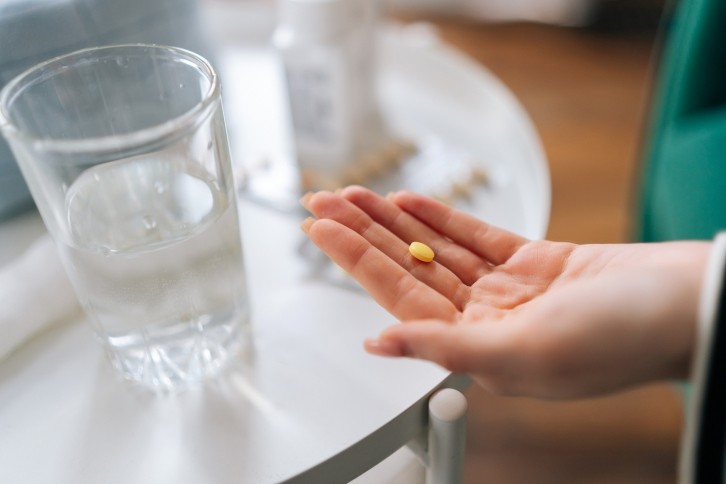Rani Therapeutics announces promising phase 1 results for oral Stelara biosimilar

Ustekinumab is a human IgG1қ monoclonal antibody that binds to the p40 protein subunit used by both the interleukin-12 and interleukin-23 (IL-12 and IL-23) cytokines.
In the early study with 20 participants, RT-111 was found to be well-tolerated and delivered ustekinumab with high bioavailability.
Currently, ustekinumab is available only as a subcutaneous injection (SC) and is marketed in the U.S. by Janssen as Stelara for the treatment of plaque psoriasis, active psoriatic arthritis, Crohn’s disease, and ulcerative colitis, all of which have large unmet medical needs for oral treatment.
In 2022, sales for STELARA were approximately $6.4 billion in the U.S. and $9.7 billion worldwide.
“We are highly encouraged by the positive results from our phase 1 study for RT-111 – our third successfully completed phase 1 trial using RaniPill technology. To our knowledge, RT-111 is the first ever oral monoclonal antibody to achieve high bioavailability in humans,” said Talat Imran, CEO of Rani.
“These data provide clinical validation of our ability to successfully transform an injectable large molecule into an oral pill. Specifically for this program, we believe RT-111 has the potential to offer a highly differentiated dosing regimen for patients with psoriasis compared to both injectable biologics and oral small molecules and peptides. The success of the phase 1 study of RT-111 marks another significant milestone for the Rani team, as we diligently work towards making oral biologics a reality for the millions of patients living with autoimmune conditions.”
















